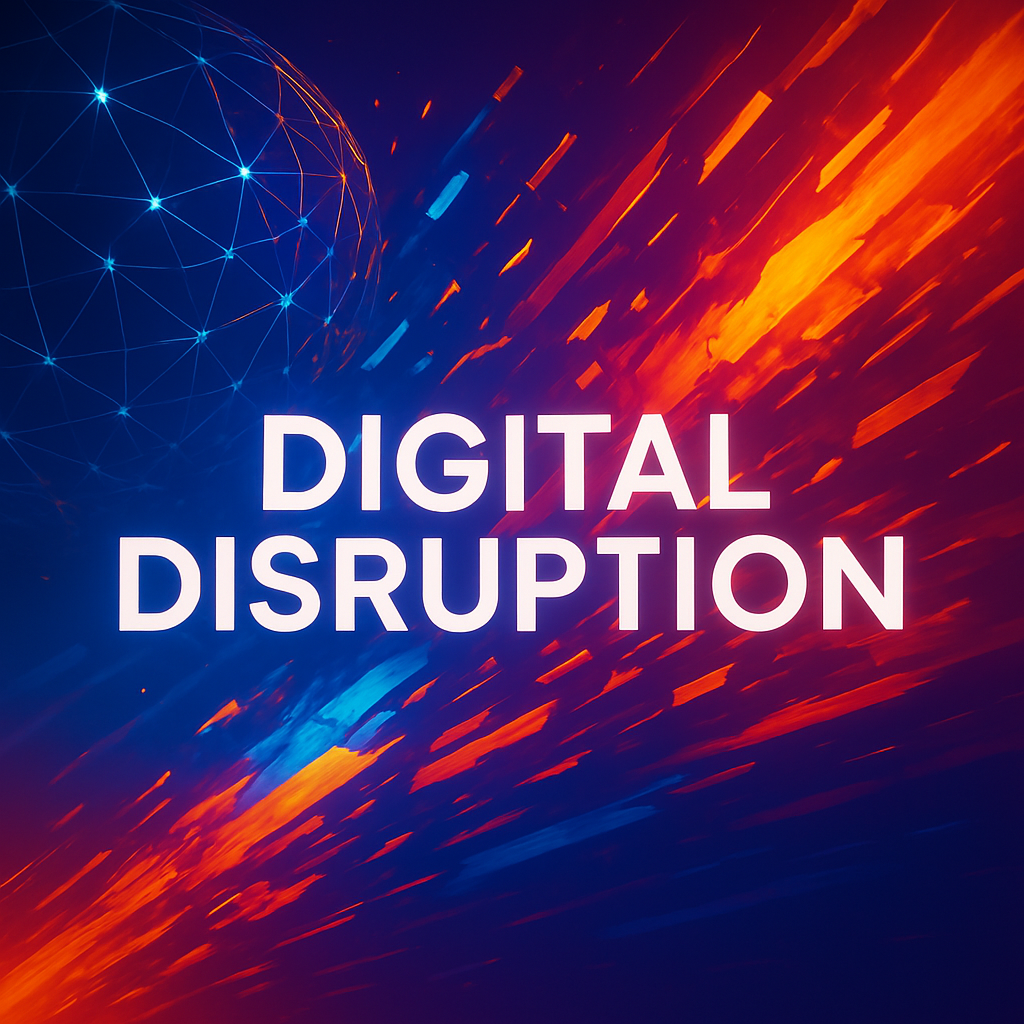Embracing the Age of Disruption: A New Strategic Playbook for Businesses
By 2035, industries that lead the transition to sustainable and innovative practices will dominate global markets.

In the face of rapid technological advancements and shifting geopolitical landscapes, businesses must reevaluate their strategies to thrive in an era defined by disruption. The traditional approaches to strategic planning and operational execution are no longer sufficient. Instead, organizations need a transformative playbook that aligns with the realities of Industry 4.0, artificial intelligence (AI), and evolving consumer demands.
The Need for Recalibration
Historically, technological leaps have reshaped societal norms and business practices, demanding new frameworks for strategy. Today, we are witnessing another seismic shift. The rise of protectionism, fueled by geopolitical volatility and trade barriers, is altering global supply chains and economic dynamics. However, the most profound driver of change is the rapid evolution of AI and automation technologies. These innovations promise to redefine manufacturing, logistics, and consumption patterns by enabling localized production through advanced robotics and autonomous systems.
The Implications of Disruption
The disruptive potential of emerging technologies cannot be overstated:
- Localized Manufacturing: AI-driven robots could make factories near consumers more viable, reducing dependency on global supply chains.
- Autonomous Vehicles: These may accelerate the sharing economy and product-as-a-service models.
- Obsolescence of Traditional Products: Multifunctional robots could render many conventional product categories irrelevant.
Businesses must ask themselves critical questions: Is their current strategy robust enough to withstand these changes? What practices should be abandoned? And what innovations should be pursued before it’s too late?
A New Strategic Framework
To navigate this era effectively, companies need a playbook centered on transformation rather than incremental change. Key priorities include:
- Mindset Shift: Transition from compliance-driven approaches to embracing competition and transformation. Businesses must focus on creating value through innovation rather than clinging to outdated models.
- Innovation as a Core Strategy: Companies should invest in disruptive technologies and collaborate with innovators to trigger market-wide tipping points. This involves moving beyond incremental improvements to bold reinventions of business models.
- Strategic Foresight: Organizations must embed tools for anticipating future trends and align leadership around transformative goals. Strategic planning should be an evergreen process that adapts to ongoing disruptions rather than relying on static reports.
- Policy Advocacy: Businesses should actively engage in shaping fair markets through strategic lobbying efforts that dismantle barriers to innovation.
- Cultural Transformation: Success in the age of disruption requires fostering a culture that thrives on experimentation, embraces risk, and aligns people, processes, and technology toward shared goals.
Preparing for the Future
By 2035, industries that lead the transition to sustainable and innovative practices will dominate global markets. Companies that fail to adapt risk becoming obsolete as market forces demand agility and resilience.
This new playbook is not just about survival - it’s about seizing opportunities in a world where disruption is the norm. Organizations must embrace bold strategies that redefine their roles in rapidly evolving ecosystems or face being shaped by forces beyond their control.




